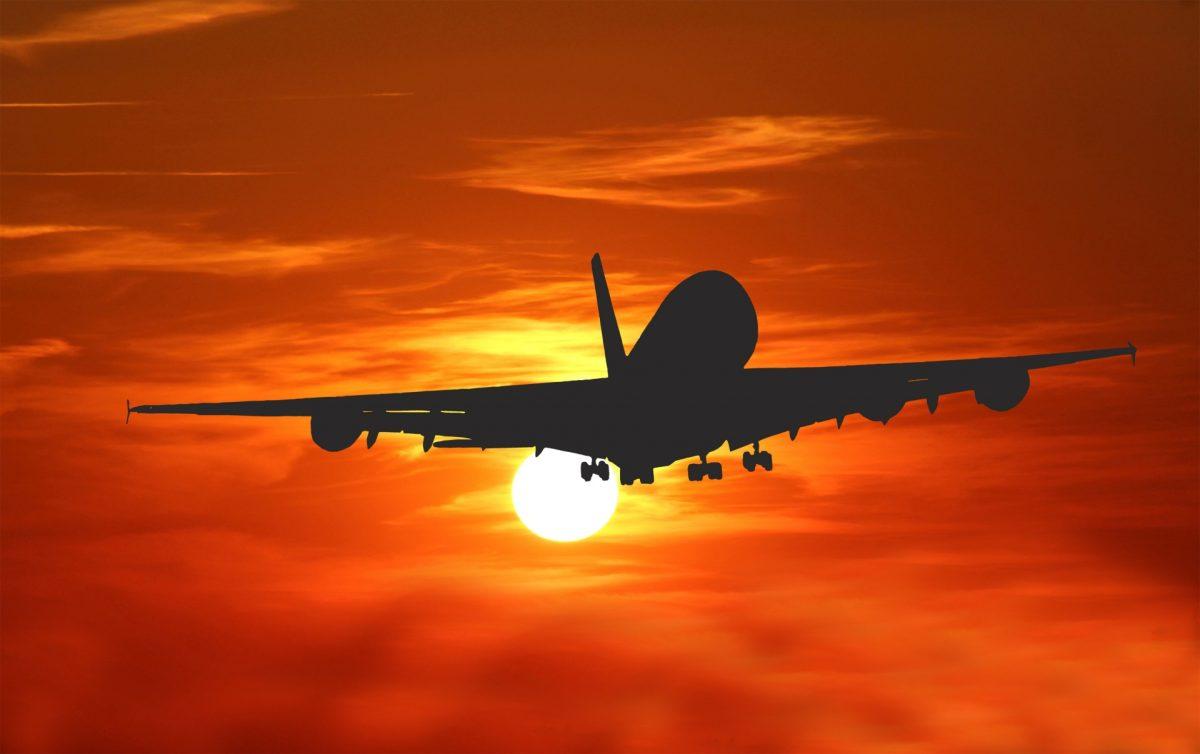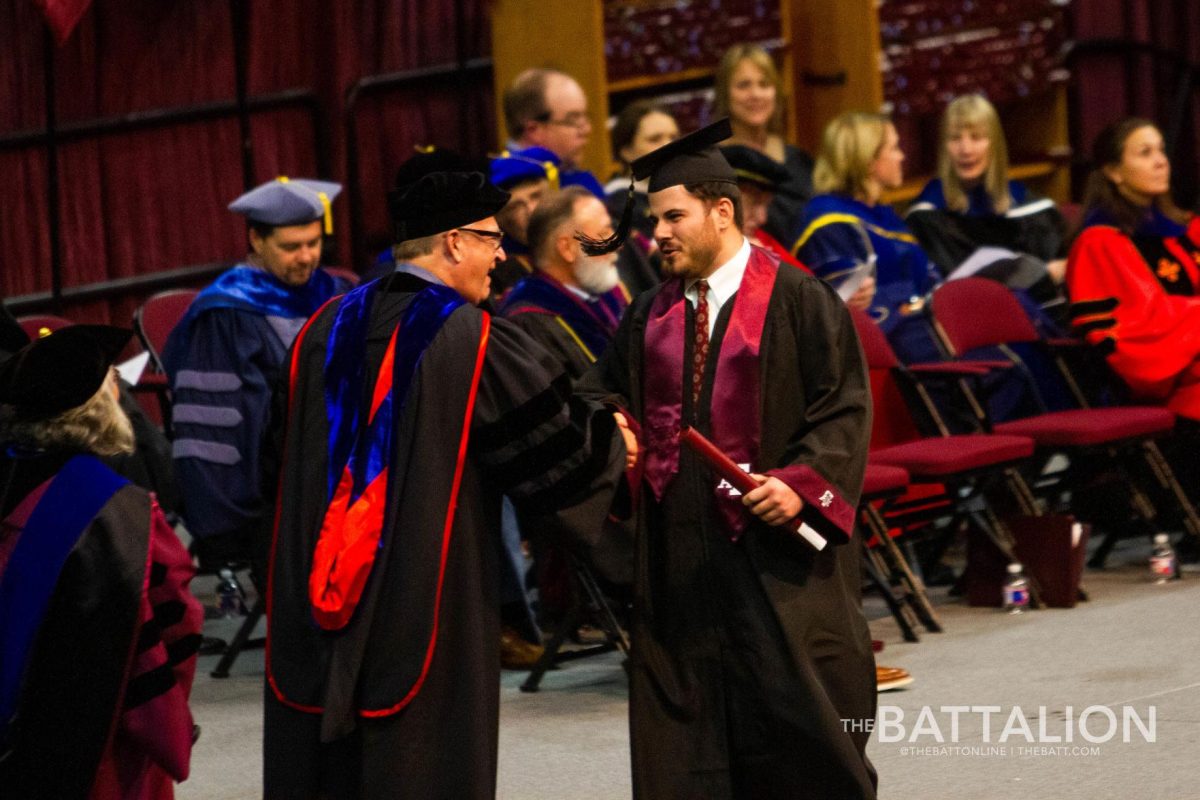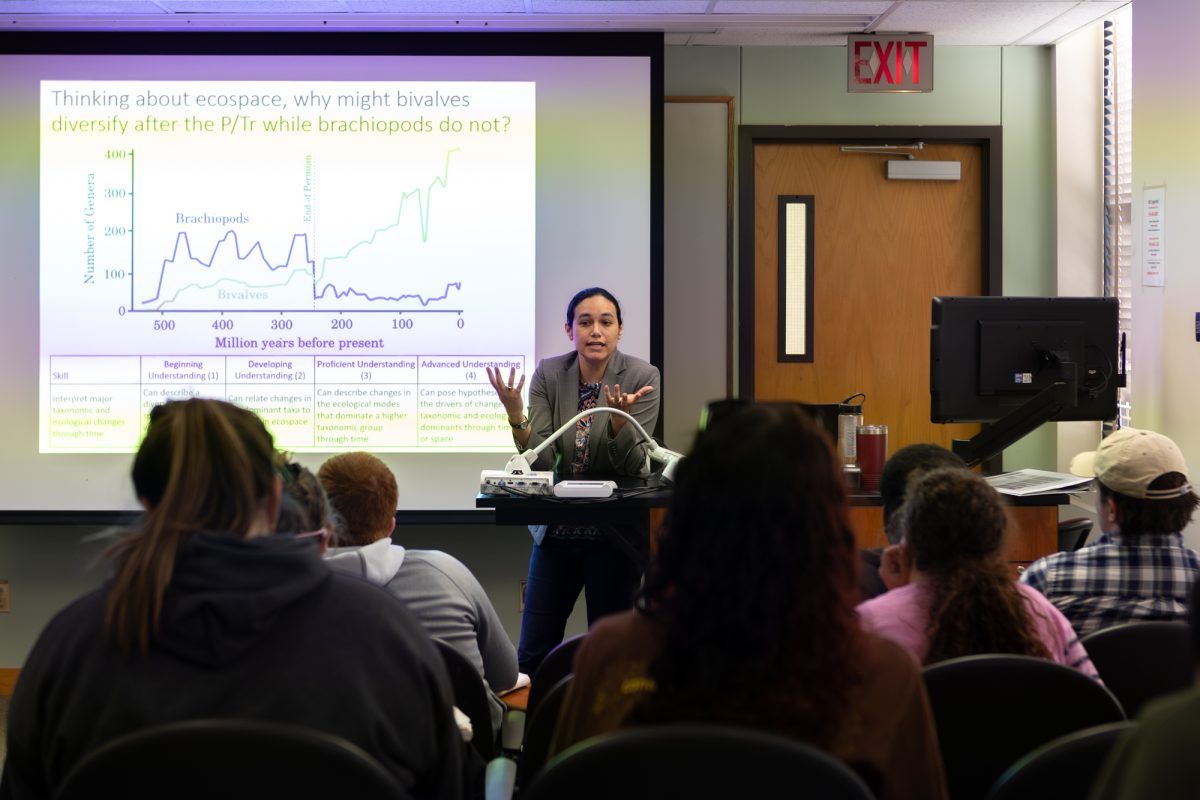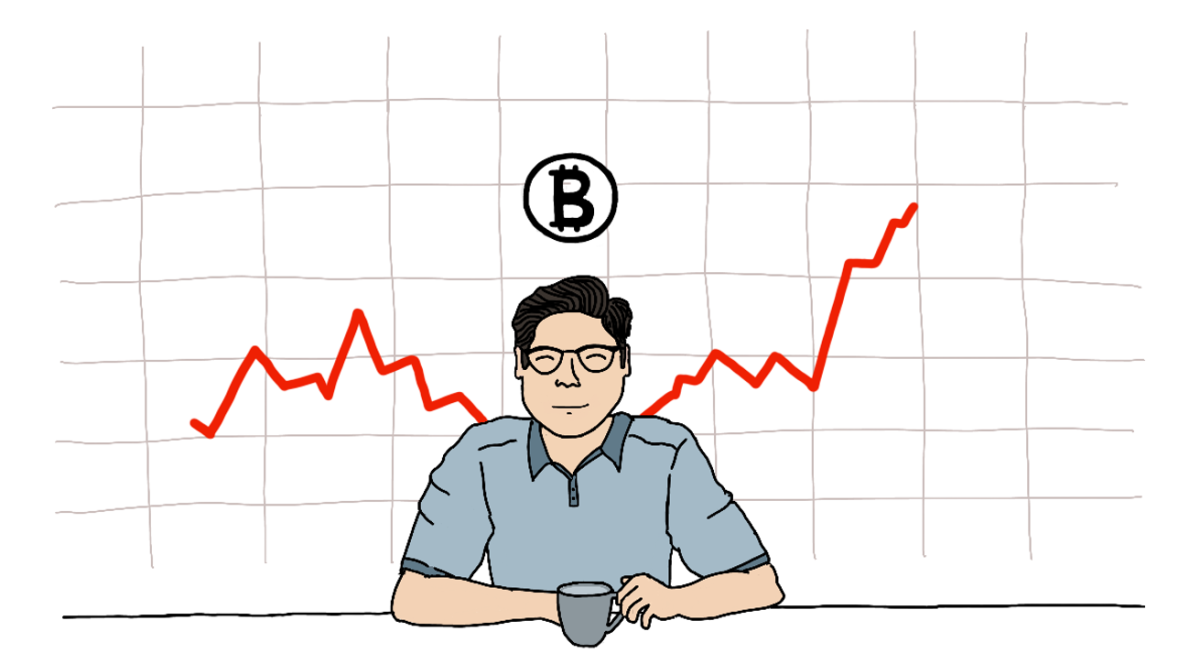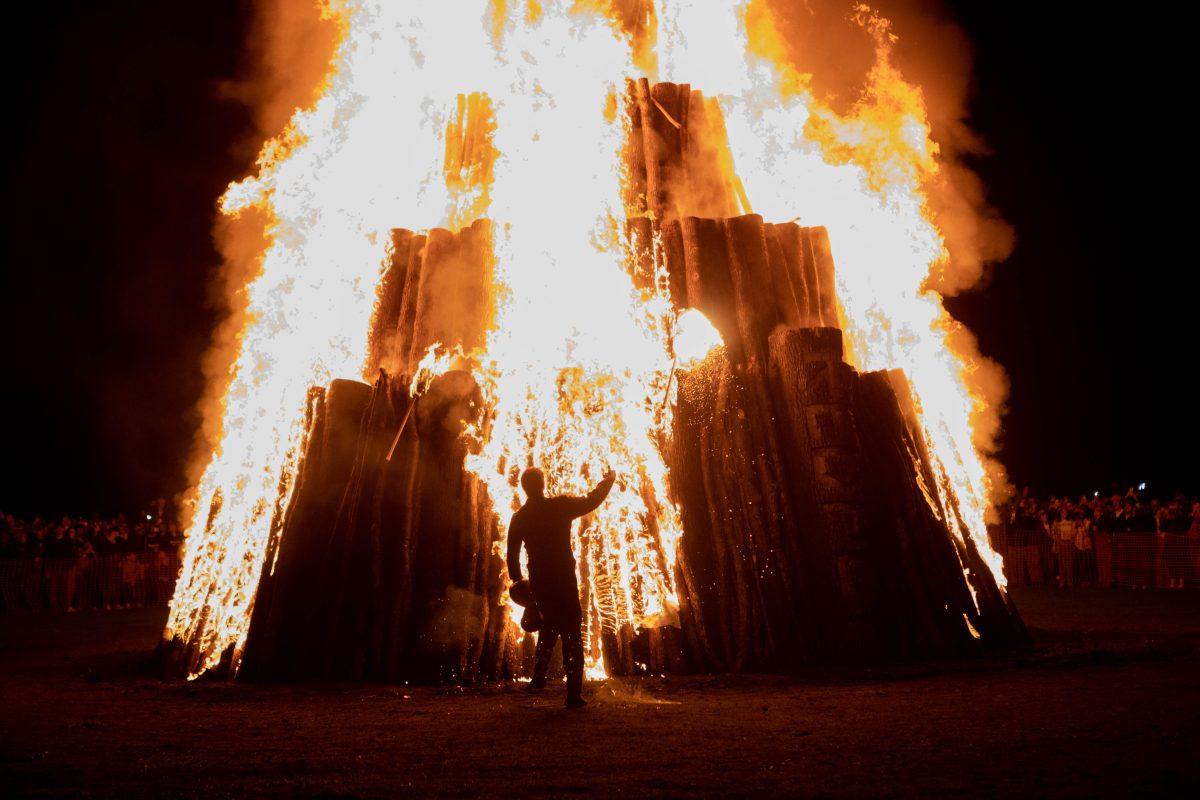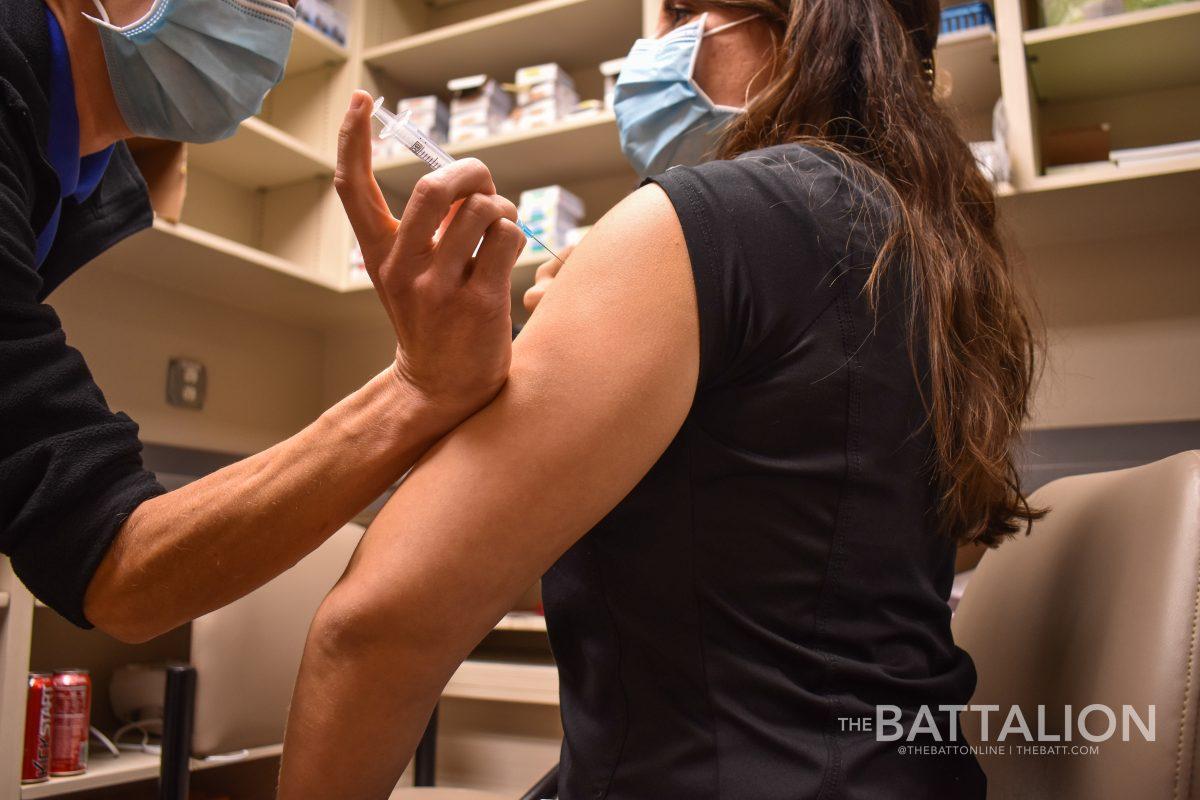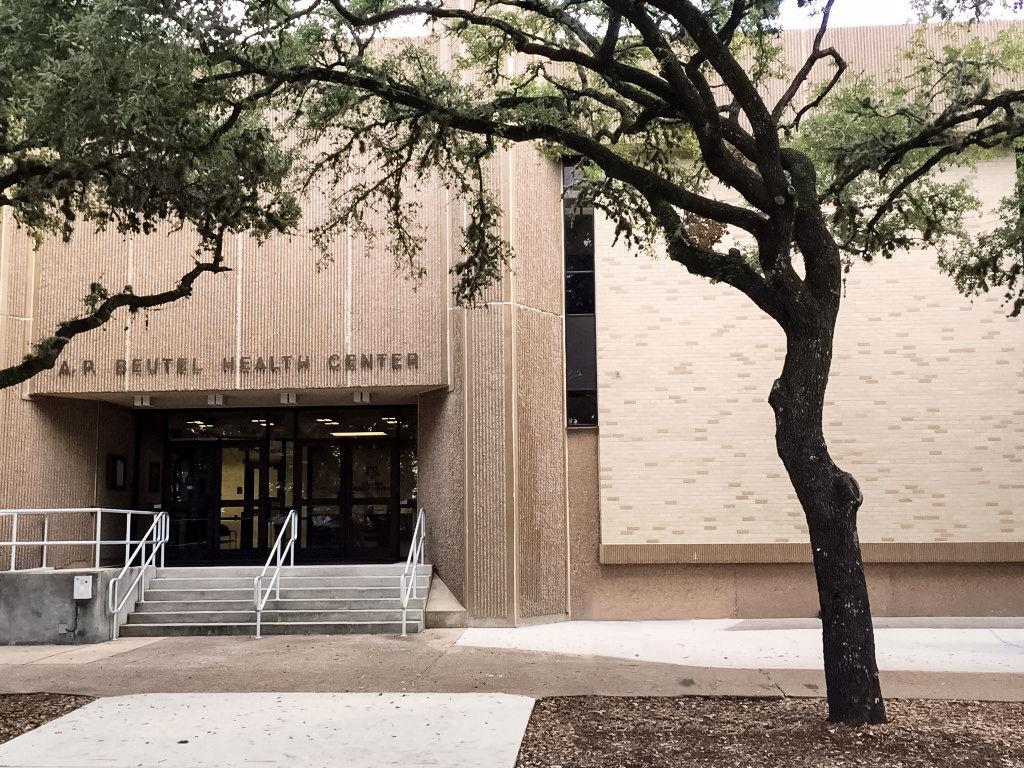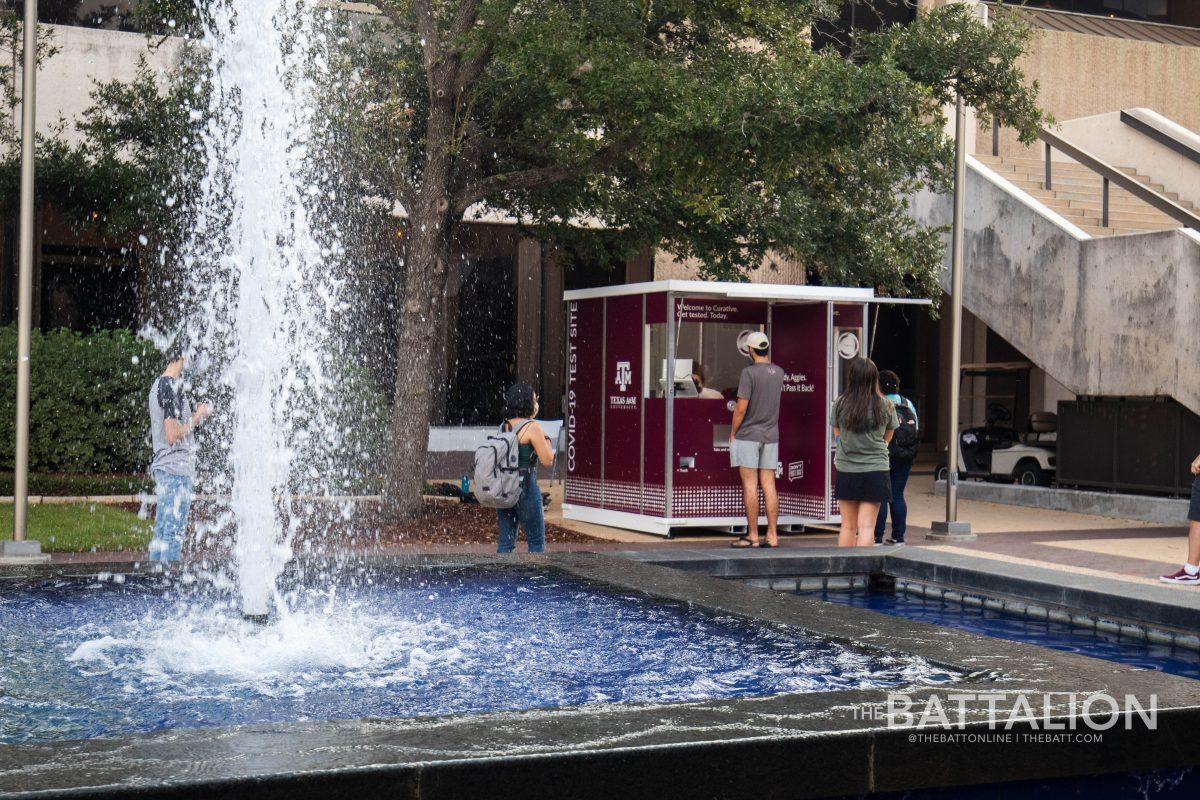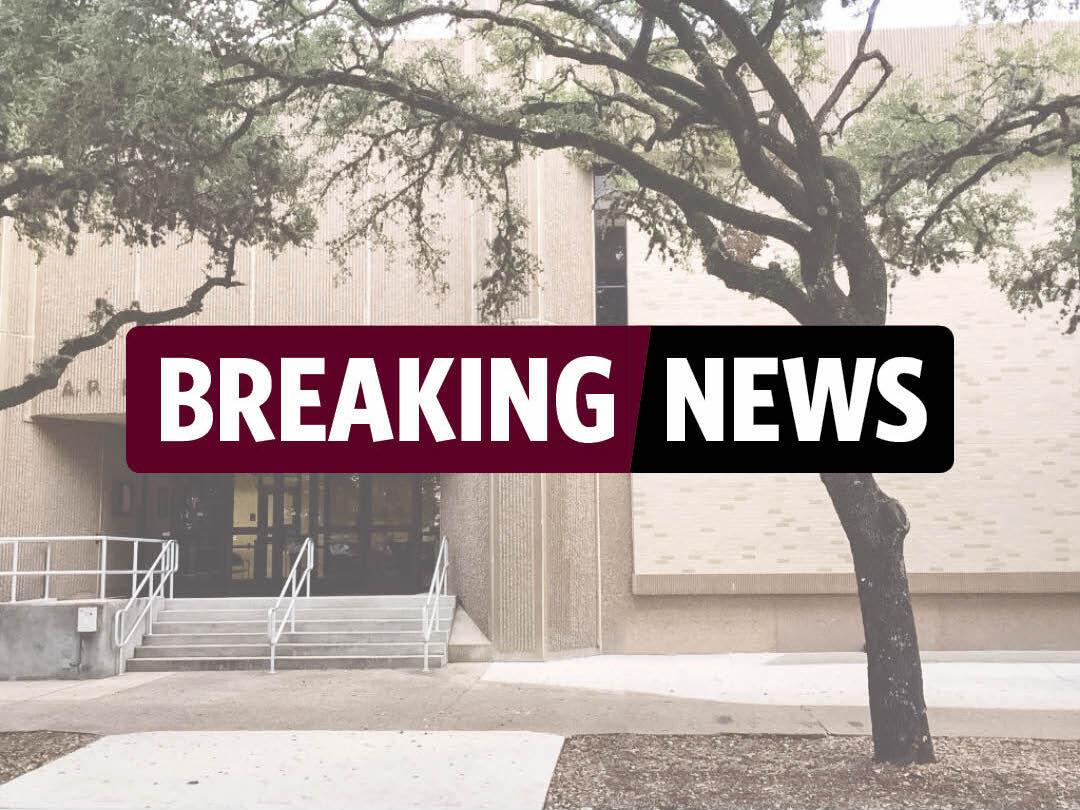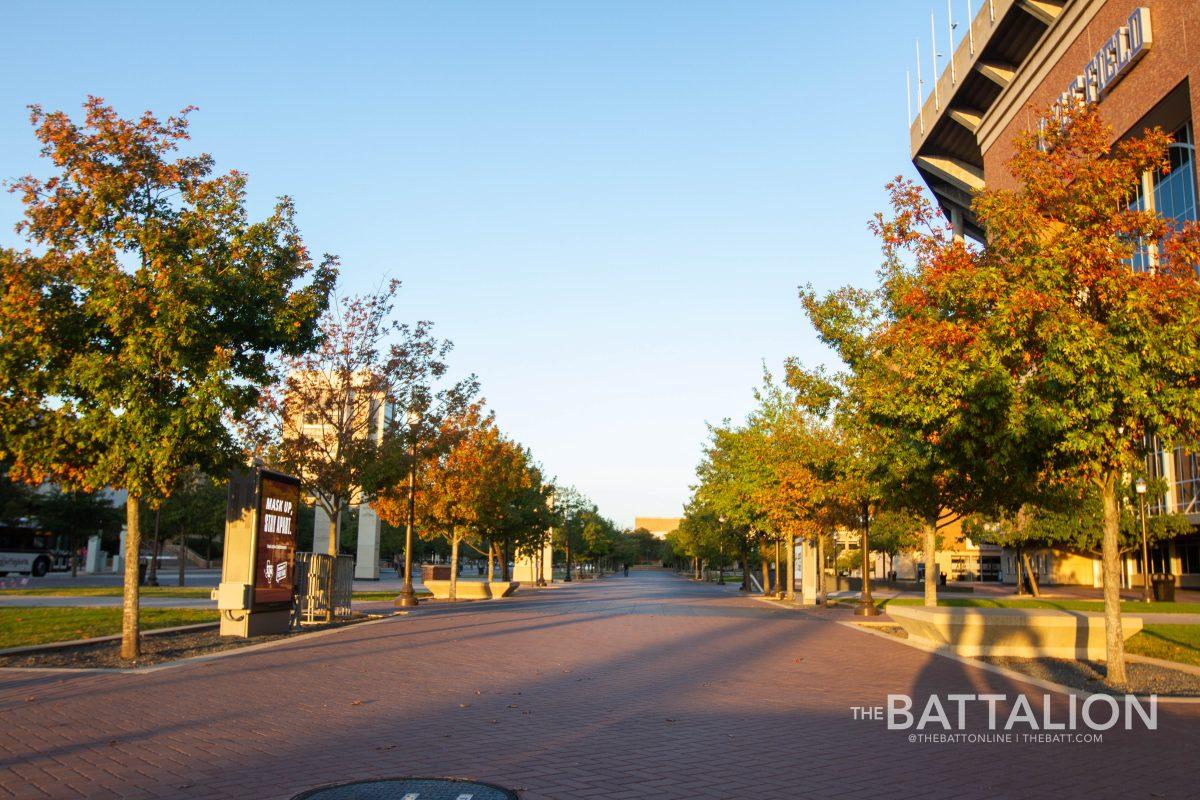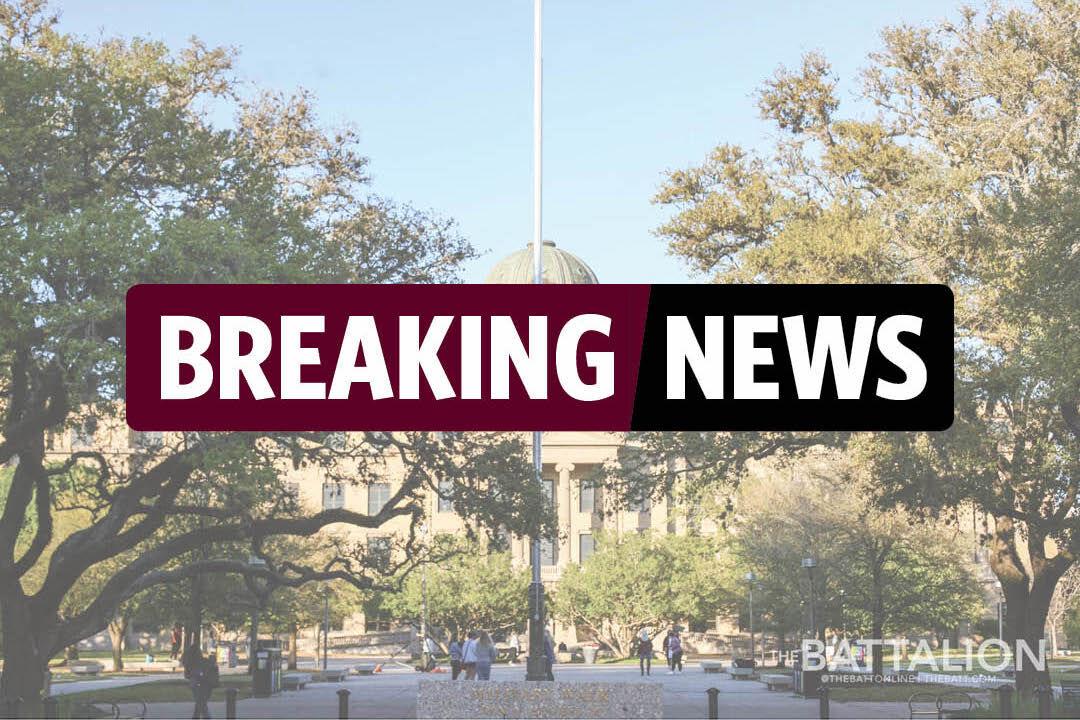As we all hunker down in our homes and distance ourselves from society, some people may be realizing their lives have not changed much. I am one of these people since I am fortunate enough to have parents who can work from home, so my financial situation has remained the same. Others in similar circumstances may be realizing that many things that caused them to stress or spend money are less relevant during the social distancing. When public officials recommend or mandate that we confine ourselves to our homes, the experience reveals many things that we consider necessities just to be desires. Our ways of thinking have also changed, and we may be more appreciative of certain things we took for granted before. Keeping that in mind, let’s leave these things in the pre-pandemic period when the crisis ends.
Excessive worrying/spending on appearances
There is a fine line between dressing for self-expression and dressing to impress our peers. Being on lockdown has made me realize I had deceived myself into thinking I bought certain items of clothing to make me happy. In reality, I bought them because of trends or outside influence. For example, I don’t need to worry about having a full closet, so I don’t repeat my outfits when it’s less stressful and cheaper to have fewer items. I also realize that the less I go out and see things I am tempted to buy, the less I think about new purchases. I have also seen multiple tweets and Tik Toks about people expressing how glad they are that they can now wear sweats to “class” now that it’s online. I know I’m not alone in prioritizing comfort. So after the pandemic ends, let’s not revitalize materialism. We can put less money in the pockets of people who profit from our insecurities and focus on being more comfortable.
Unnecessary travel
Stopping air travel is a crucial step to containing the outbreak, so governments have suspended flights from some countries, and the ones still running are nearly empty. Despite this, most people and businesses are doing fine. It is no secret that planes are bad for the environment and are a significant source of air pollution, so we should reserve them for emergencies and crucial business trips only. Flying only when necessary would also help companies because they would not need to pay for employee travel. While some business trips are necessary, in a time when the phone or video calls are efficient and high quality, most flights can be easily avoided. If we can stop traveling by air to fight a pandemic, we can stop flying to fight climate change.
Overstressing professionality
A few of my organizations have held meetings via Zoom, and I have seen plenty of videos online of people attending class or work from their bedrooms. Seeing people in their homes in loungewear with unique but similar backgrounds has created a sense of humanness that was lacking in lecture halls and office spaces. Online meetings show a glimpse of people’s lives when they are not at school or work, and shows us how similar we are. Over recent years, there has been a push to make workspaces less stiff and formal and more comfortable, and this pandemic might just help that movement. Research has shown that more relaxed employees are more productive when dress codes are less strict. Plus, casual work and education settings make people feel calmer and build empathy and better relationships. Of course, there is a certain etiquette that must be maintained, but we can be respectful while being less uptight.
Looking down on certain professions
The jobs that we consider “low-skilled” are the ones that are most crucial at the moment. Custodians, restaurant servers, transportation workers, delivery people, grocery store employees and many others are continuing to work. Their sacrifice prevents society from shutting down while the rest of us sit at home. They are putting their lives and their families’ lives in danger. We should appreciate them now and in the future for all they do. At the moment, grocery store stockers, cashiers, etc. (jobs usually considered low-skilled) are working alongside doctors and first responders (jobs often thought more respectable). Additionally, it takes skill and patience to stay calm and continue to perform duties. At the same time, they deal with panicking customers, so the term “low-skilled” is inaccurate.
While many people have been fortunate enough to be able to continue with their lives, there are just as many or more people whose lives have been upheaved by the pandemic. People whom businesses have laid off due to the virus and children who can no longer depend on their schools to provide meals are facing real crises. Hopefully, coming out of this pandemic, we can create real structural change regarding policy and welfare, as well as in our personal lives. In our fast-paced lives, it would be easy to forget this ever happened a few months after we contain the virus. However, the millions who suffered through the pandemic, as well as our futures, are counting on us to learn from this crisis.
What COVID-19 has taught us we can live without
March 23, 2020
Photo by Creative Commons
Opinion columnist Keerthana Rameshbabu discusses what COVID-19 has shown us what we can live without, including unnecessary air travel.
Donate to The Battalion
Your donation will support the student journalists of Texas A&M University - College Station. Your contribution will allow us to purchase equipment and cover our annual website hosting costs.

















